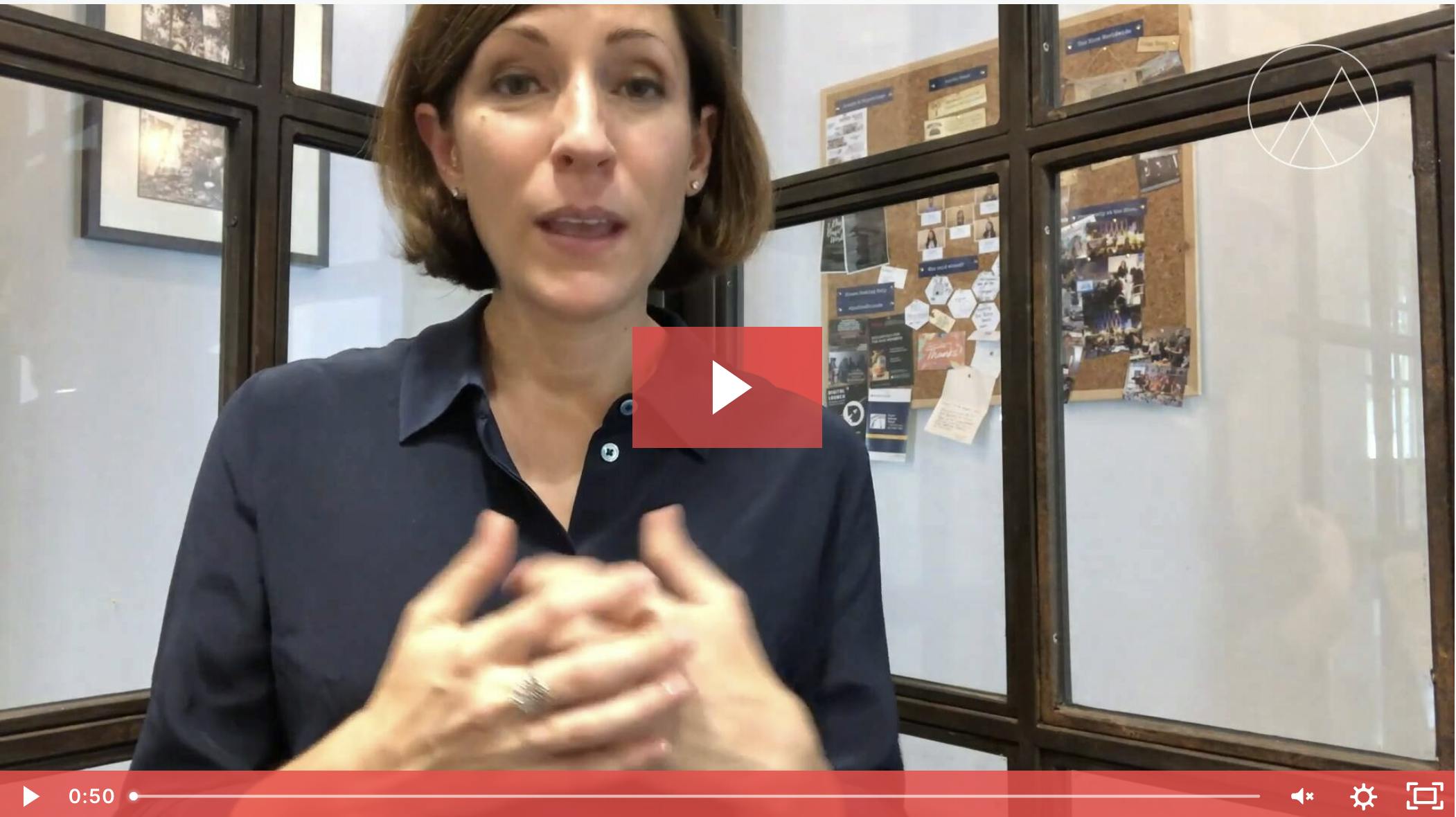What should you charge a client for your coaching service's?
As a coach, setting your hourly rate is a crucial decision that impacts both your income and your perceived value in the market. This post will guide you through the process of determining an appropriate rate, backed by industry research and expert insights.
Before we set out the way you might consider shaping your rates, here’s a few important things to remember about your BOLDLY marketplace bids.
The hourly rate you quote BOLDLY clients should include:
- 10% to BOLDLY
- Any tax you're obligated to pay in your country
- Any bank fees you expect to incur
- Your travel time/cost*
- Meeting room rental, zoom account etc.
- Everything!
Therefore, the hourly rate you quote to clients should represent your entire expected NET income for the engagement. BOLDLY is not accountable for unforeseen taxes or bank fees related to international transactions, your bank policy, or your local jurisdiction. Please ensure your hourly rate fairly compensates you for all the time and effort you contribute to your coaching case.
*If you expect to travel beyond your own city for a client engagement, this will normally be covered at cost by the client. For example, if you live in Munich and the client is in Paris and they have included you in their engagement listing, your quoted rate should not include long distance travel to Paris. You can focus on quoting your COACHING hourly rate, and mention in the comments that travel will be at cost. If you’re simply traveling locally (e.g. catching the tram across the city from one side of Munich to the other!, this cost should be included in your hourly rate.
Now, lets look a bit deeper into the factors you can consider when setting your rates.
- Understand the Market
Before setting your rate, it's essential to understand the coaching market. According to a report by the International Coach Federation (ICF), the average hourly rate for coaches globally was $244 in 2020. However, rates can vary significantly based on factors such as experience, specialization, and location.
- Consider Your Experience and Credentials
Coaches with more experience and advanced certifications typically command higher rates. The ICF study found that coaches with over 10 years of experience earned an average of 45% more per hour than those with less than a year of experience.
- Factor in Your Specialization
Different coaching niches command different rates. For example, executive coaches often charge more than life coaches. A 2019 Sherpa Coaching survey reported that the average hourly rate for executive coaches was $350, while general business coaches averaged $235 per hour.
- Calculate Your Costs and Desired Income
Determine your business expenses and the annual income you want to achieve. Factor in non-billable time spent on marketing, administration, and professional development. A good rule of thumb is to assume you'll spend about 60% of your time on billable work.
- Research Your Local Market
Rates can vary significantly by location. The ICF report noted that coaches in North America had the highest average rates globally, while those in Latin America and the Caribbean had the lowest. Conduct local research to ensure your rates are competitive in your area.
- Consider Your Client Base
Think about who your ideal clients are and what they can afford. If you're targeting small businesses or individuals, your rates may need to be lower than if you're working with large corporations.
- Start with a Competitive Rate and Adjust
If you're new to coaching, consider starting slightly below the average rate for your niche and location. As you gain experience and testimonials, gradually increase your rates. The Sherpa Coaching survey found that 95% of coaches raise their rates over time, with most doing so every 12-24 months.
- Offer Packages and Value-Based Pricing
Many successful coaches move away from hourly rates altogether, offering packages or value-based pricing instead. This can often lead to higher overall earnings and better client outcomes.
Conclusion:
Setting your hourly rate as a coach requires careful consideration of multiple factors. By understanding industry benchmarks, factoring in your unique value proposition, and considering your target market, you can set a rate that reflects your worth and attracts your ideal clients.
Remember, your rate is not set in stone. Regularly reassess and adjust as you gain experience and reputation in the field. With time and proven results, you'll be able to command rates that truly reflect the value you provide to your clients.
Sources:
- International Coach Federation Global Coaching Study 2020
- Sherpa Coaching Survey 2019
Looking for more resources?




